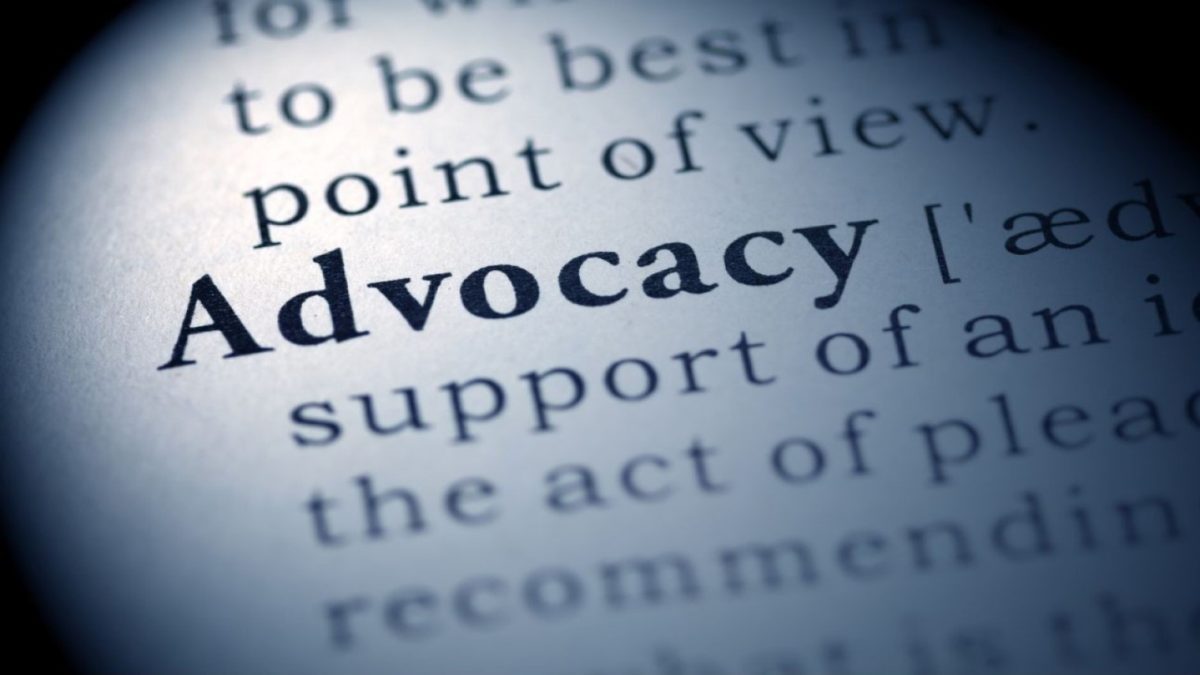The Importance of Advocacy in Public Policy: A Social Worker’s Role

Legislative advocacy can mean different things to everyone. Engaging with advocacy can include social media posts, writing a letter to elected officials, calling or emailing their offices, attending committee hearings at the capitol, and so much more. Advocating for the communities that I am a part of is a concept I have embraced wholeheartedly as a social worker. My role as a social worker includes preserving the profession’s values, promoting the best interests of individuals, and empowering all communities.
Legislative advocacy was a large part of my work in my previous position of working in a U.S. Senator’s office in Nevada. They exposed me to roundtable meetings with community leaders, creating memorandums, speaking in front of legislative committees, and working alongside local advocacy groups. These experiences were the driving forces behind gaining the affinity for using my voice to advocate for the sake of others. My practice placement this year is with the Field Center for Children’s Policy, Practice & Research. Lucky for me, advocacy has long been part of the Field Center’s work, but child and foster care-related advocacy was a foreign subject to me. When I began working at the Center, I was not well-versed in the subject matter or the work dynamic during the pandemic, and I lacked knowledge of effective advocacy strategies related to youth in foster care.
Advocating for the needs of vulnerable children and families requires expertise across domains, and I am grateful to work at the Field Center, where our research projects inform public policy. For example, the testimony delivered by our Managing Faculty Director Dr. Johanna Greeson on human trafficking to the Philadelphia City Council inspired me to deepen my learning on this demographic. During her testimony, she mentioned, “As an interdisciplinary center, we strive to improve the lives and long-term outcomes for abused and neglected children and advocate for those children who have no voice.” From my experiences sitting in front of committees, voices empower those disproportionately impacted by unjust systems. Our voices can ignite embers of hope for change in communities.
As a social work student, I became inspired by the Field Center’s vision that children are loved and nurtured and that families have access to the necessary resources they need to thrive. The unconditional support of my supervisor and the office staff allowed me to explore different aspects of child welfare and the foster care system. Under these core conditions, learning more about the detrimental outcomes for children and families involved with child welfare profoundly affected my drive to continue advocating for this population.
Throughout this process, I learned about gaps in the child welfare system. This led me to analyze local legislation in Pennsylvania impacting foster care and child welfare. My interest in tracking these bills was to learn how we represent youth in foster care and assess if the impacted populations are treated with dignity and respect. Written language and words matter, and what is written in legislation can significantly impact the lives of children and families.
Pennsylvania House Bills Impacting Child Welfare
Readers may be interested in viewing some bills currently introduced in Pennsylvania that could impact service delivery to youth involved with child welfare. (Please click on each bill directly to learn more).
An Act amending Titles 42 (Judiciary and Judicial Procedure) and 67 (Public Welfare) of the Pennsylvania Consolidated Statutes, in juvenile matters, further providing for disposition of dependent child; in human services generally, reorganizing provisions relating to adoption opportunities and to family finding and kinship care; and making editorial changes. View bill information here.
An Act amending Title 67 (Public Welfare) of the Pennsylvania Consolidated Statutes, in human services generally, reorganizing provisions relating to adoption opportunities and to family finding and kinship care; and making editorial changes. View bill information here.
An Act amending the act of June 29, 1953 (P.L.304, No.66), known as the Vital Statistics Law of 1953, in records, providing for records, disclosure for case management, further providing for records and for fees for copies. View bill information here.
Being a social worker means striving to prioritize the values and dignity of vulnerable individuals. My experience witnessing the losses and victories of bills taught me the meaning of resilience. To me, the most significant challenges faced by social workers are our self-doubts and our will to continue the fight even when we are knocked down time after time. Losing can be cruel and unsatisfying, but it can also be a significant factor that can drive toward a positive change. When a bill does not pass and become law or an amendment is not accepted, it feels like a gut punch. It is essential that members of our profession remain resilient and get back up every time and continue to engage in advocacy. The sum of my experiences also taught me to accept small victories and learn from the losses. Legislative advocacy is an ongoing process requiring a long-term commitment. As social workers we do not just provide temporary benefits, we provide everlasting hope, and I am proud to be one of those people!


